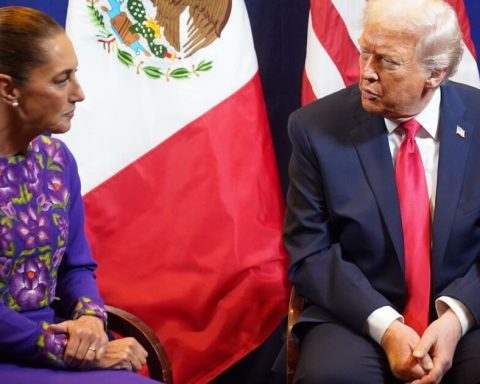New York state has banned for a two-year period some cryptocurrency “mining” activities, the creation of virtual currencies that requires a excessive energy consumption.
It is the first state in the United States to totally or partially suspend this “mining” process that uses computing power (hash) to obtain cryptocurrencies.
The governor of the state, the Democrat Kathy Hochul, promulgated on Tuesday a text voted by the state parliament that provides for a moratorium on these “mining” activities that, in some cases, consume fossil fuels.
In recent years, various specialized companies have taken over old power plants in this state on the east coast of the United States in order to supply this process.
According to the specialized firm Digiconomistmining or creating one bitcoin, the most popular cryptocurrency, requires about 1,150 kilowatt hours, equivalent to the average consumption of an American household for 40 days.
The ban enacted on Tuesday refers to the so-called “proof-of-work mining” method, considered the most energy-demanding and most widely used.
The method consists of a series of complex computer calculations as fast as possible to receive one or more cryptocurrency units.
This process is being replaced by the so-called “proof of stake” protocol, which requires no computation and therefore much less electricity.
The moratorium should allow time for New York State to conduct an environmental impact assessment of the activity on its territory.
Several countries have already banned cryptocurrency “mining,” including China, which was by far the world’s leading creator of virtual currencies until June 2021, when it suspended the practice.
The outlawing in China caused an exodus that greatly benefited the United States, which is self-sufficient in energy, since then it has become the world’s leading producer of cryptocurrencies.
In Europe, Kosovo also banned virtual currency mining in January 2022, when the country was facing power supply problems and suffered from recurring power outages.















